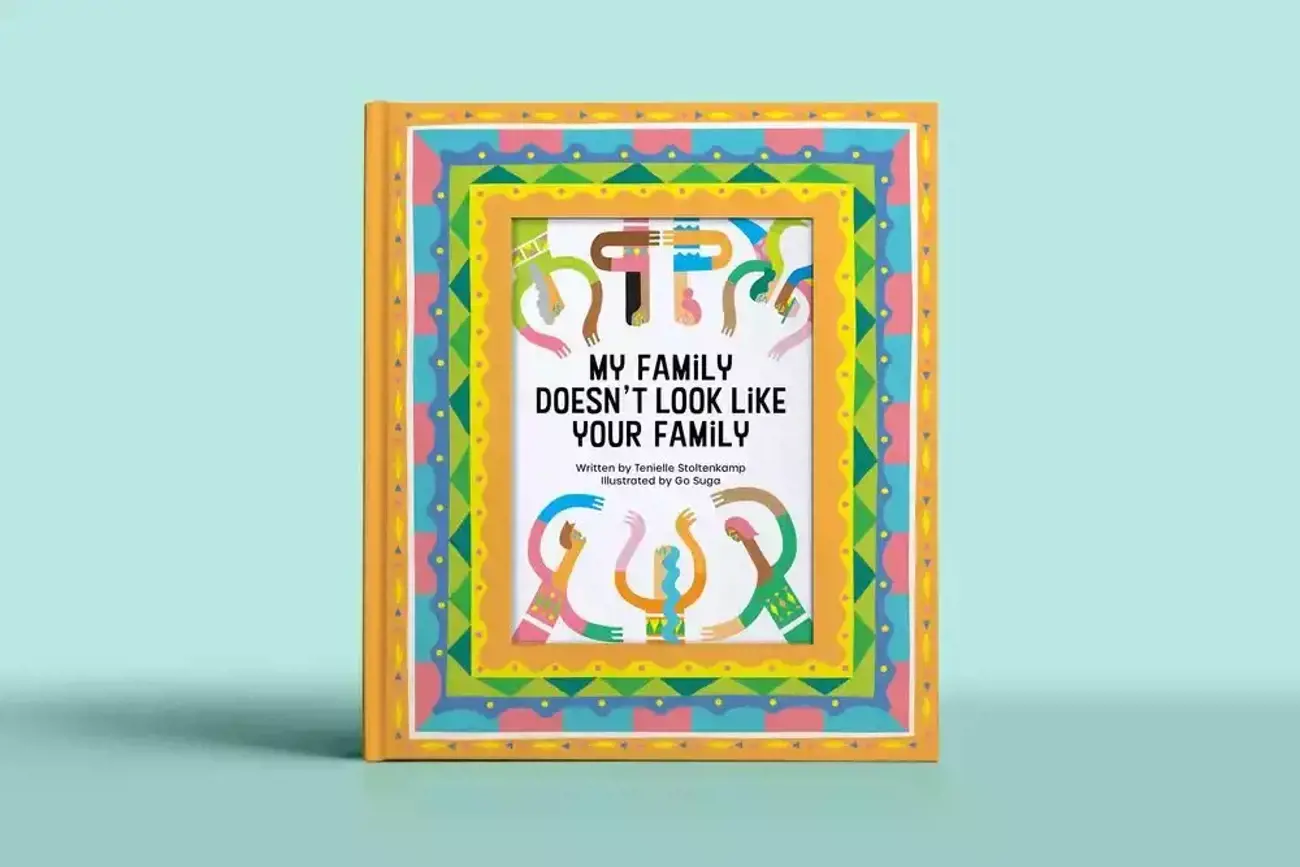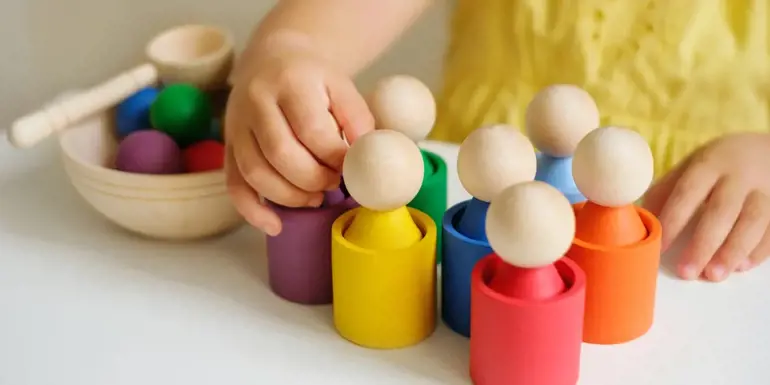The world is an amazing place, full of diverse environments, experiences and, of course, people. While it's natural for your child to notice differences in others, such as an educator's skin colour or another child’s two mums, it's important to teach them to respect and appreciate these differences.
To help grown-ups promote diversity and acceptance in children from an early age, here are some pointers from Scholastic:
- Model behaviours and attitudes you want your child to develop:
Demonstrate how you respect difference, weave diversity into your family's daily life, and develop positive relationships with people who are different.
As a parent, you play a key role in helping your child understand and value this wonderfully diverse world, so show them how it's done. - Intervene in the case of prejudicial comments:
From a very early age, you should explain to your child that name-calling of any kind is wrong and hurtful, whether it focuses on a person's race, physical ability, family dynamic, or anything else. - Youngsters learn from experiences, encourage your child to interact and become friends with people who are different to them:
This can mean having different types of friends at child care and taking part in diverse community events. For instance, your family could get involved in NAIDOC Week, which happens from 7 to 14 July and offers a great opportunity for all Australians to celebrate the history, culture and achievements of Aboriginal and Torres Strait Islander people, and work together for a shared future. - Teach your child to think critically, especially when it comes to prejudice:
This means showing them how to examine and question issues, so that they can identify a hurtful or unfair word, picture or situation. - Always listen closely to what your child is saying and ask a couple of questions before answering:
It's important to truly understand what they want to know and what ideas they already have on the subject before giving your reply. - Take your child's age and personality into account when answering:
Scholastic says, 'Generally, children want to know why people are different, what this means, and how those differences relate to them … Children's questions and comments are a way for them to gather information about aspects of their identity and usually do not stem from bias or prejudice.' - Answer your child's questions and comments about differences, even if you're lost for words:
Instead of ignoring an uncomfortable and contentious question, you could say, 'I need to think about your question and talk to you later.' - If your child is not yet talking, but is curious about difference, you should still respond to this curiosity:
For example, if your baby is patting another baby's springy hair, you could say, 'She has curly hair and you have straight hair.' - Make a conscious effort to expose your child to diversity in books, shows, toys, music, dancing, food, travel experiences and all parts of life:
A recent study of more than 2,300 books used in four child care centres found that less than five per cent contained authentic cultural diversity, so seek out material with non-white main characters and to share diverse storylines. Which brings us to this CareforKids.com.au book giveaway…
Win a copy of My Family Doesn't Look Like Your Family
We're excited to be giving away three copies of this bright, enriching children's book.
Written by Tenielle Stoltenkamp and illustrated by Go Suga, My Family Doesn't Look Like Your Family celebrates diverse families, including single parent, blended, same-sex, and fostered families, and is a story all about inclusion and belonging.
There's no mention of gender, race, titles, or roles in this book. Instead, it uses counting, for example 'There are two in my family' and questions such as, 'How do you show your family you care for them?', to explain how every family is unique and we all have a place where we belong.
You can read more about the book here, and for your chance to win a copy, just tell us in 25 words or less, why your family is special.
Email your answer to editor@careforkids.com.au by Friday 21 June and we will enter your name in the draw to win.



































